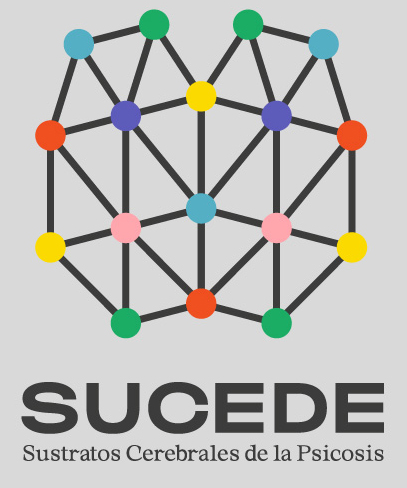Today we have presented the preliminary results corresponding to the search for groups with biological significance, in our sample of patients with schizophrenia and bipolar disorder, based on their cognitive performance. We have included in this study 183 patients, 158 of them with schizophrenia and 25 with bipolar disorder, and 116 healthy controls. First, we carried out a cluster analysis based on the k-means procedure, the optimal solution being that of two clusters. One of them, including more patients with schizophrenia (with an appreciable proportion of first episodes) and few cases with bipolar disorder, had a significant generalized cognitive deficit. The other cluster had a mild cognitive deficit compared to healthy controls. The first cluster was also characterized by a marked cortical thinning, deficits in frontal structural connectivity, a smaller volume of the hippocampus and the thalamus and a marked global functional hyperconnectivity. This group also showed more intense positive and negative symptoms. Both clusters showed a decrease in the modulation of brain activity during a cognitive task regarding healthy controls. We believe that these findings support the idea that there are different diseases within psychosis, and that the cognitive profile can contribute to elucidate this heterogeneity.



